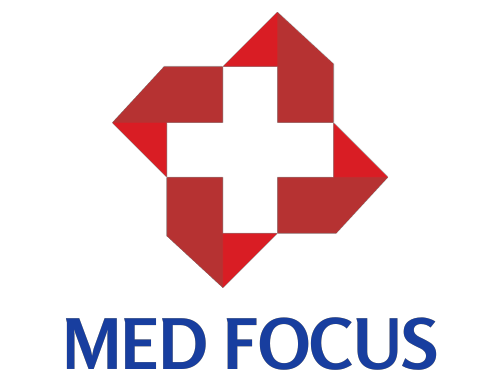In recent years, with the integration of AI technology into medical education, remarkable progress and changes have taken place. These innovations take the power of artificial intelligence algorithms and data analyses to improve learning experience, personalising education as well as improving outcomes for patients. Various areas of health education have been transformed by AI, in particular training platforms, simulations, evaluations, and clinical decision making.

Following are the 5 noticeable advantages of Artificial Intelligence(AI) in medical education.
1. Platforms For Adaptive Learning:
AI-powered platforms for adaptive learning use algorithms to assess learner data and present customized training materials. These tools may evaluate each student's learning requirements, monitor their progress, and modify the curriculum to improve learning outcomes. AI algorithms can spot problem areas in learning and suggest specific resources or treatments.
2. Intelligent Tutoring Programs:
Students receive engaging, tailored teaching through intelligent tutoring programs powered by AI. To replicate human tutors, these systems use machine learning and natural language processing. They can help students understand difficult medical ideas by providing clarifications, feedback, and answers to their queries. Intelligent tutoring programs may adjust to each student's learning rate and style, improving the educational process.

3. Simulated Virtual Patients:
AI technology permits the creation of simulated virtual patients. Students can practice clinical decision-making, diagnostic reasoning, and treatment planning in these simulations since they offer realistic circumstances. A more engaging and immersive learning experience is made possible by the ability of AI algorithms to provide dynamic patient replies based on learner inputs. Through virtual patient simulations, trainees can practice key skills in a secure setting without endangering patient safety.
4. Automated Evaluation And Feedback:
AI has the potential to streamline the evaluation process in medical education. To assess student performance, it can examine written responses, clinical case presentations, and diagnostic reasoning. In-the-moment feedback from AI algorithms can assist students recognize their strengths and flaws. For educators, automated assessment frees up time and offers objective evaluation criteria.
5. Clinical Decision Support Systems:
AI can help doctors, nurses, students, and other healthcare workers make clinical choices. In order to make suggestions for a diagnosis, possible courses of treatment, and patient management, AI algorithms can assess patient data, medical records, and diagnostic pictures. These decision support tools assist students in honing their clinical reasoning capabilities and enhance patient outcomes.

The future of medical education holds considerable promise for additional breakthroughs and advancements as AI develops. Responsible use of AI technologies can help medical education advance, better equipping medical practitioners to handle the difficulties of a fast evolving healthcare environment and raising the standard of care for patients as a whole.

Kindly visit themedfocus.com for additional advice and recommendations about attending medical school. If you're seeking a trustworthy internet source, please check out the whole medical school package at the URL below.
https://themedfocus.com/products/the-complete-med-school-bundle

